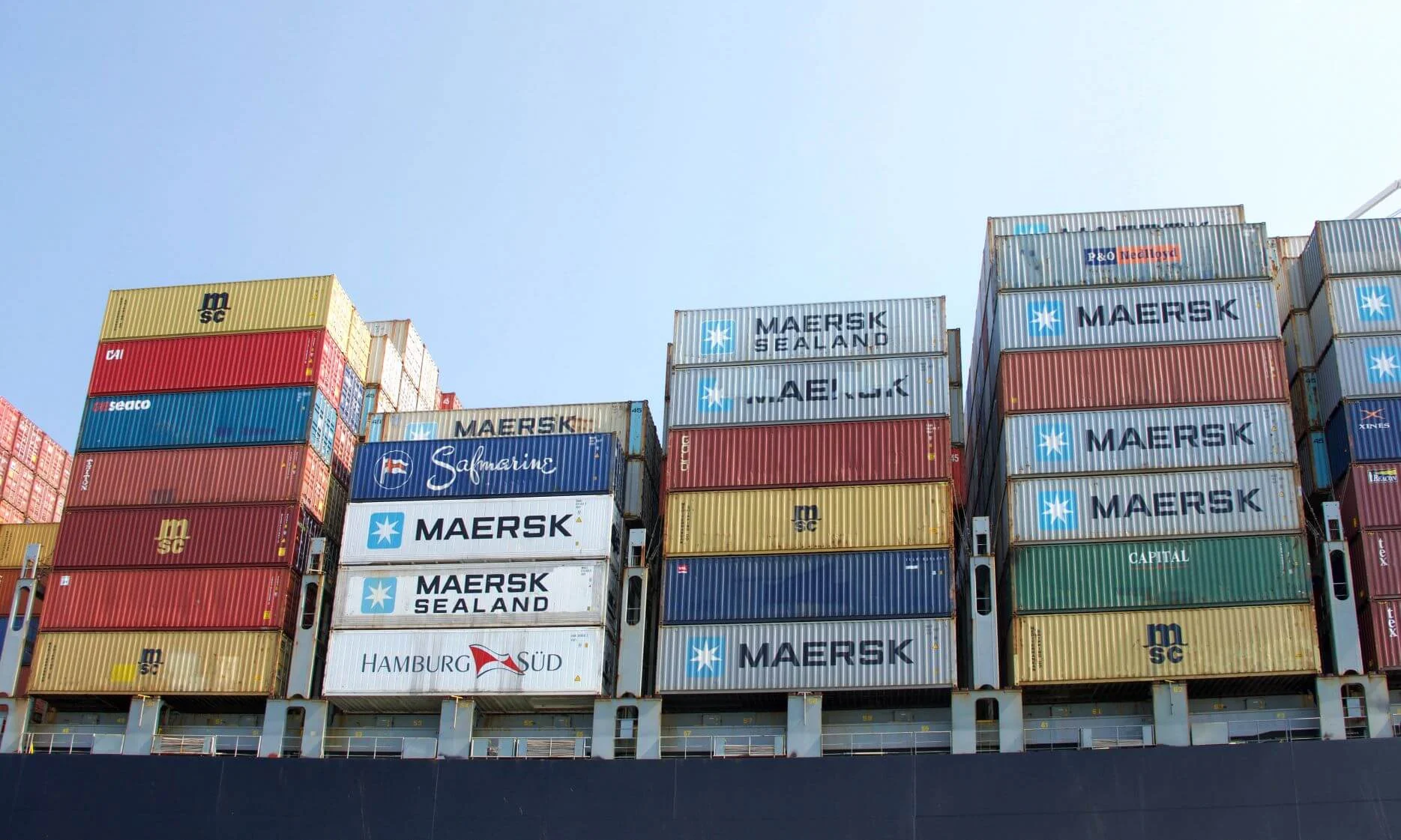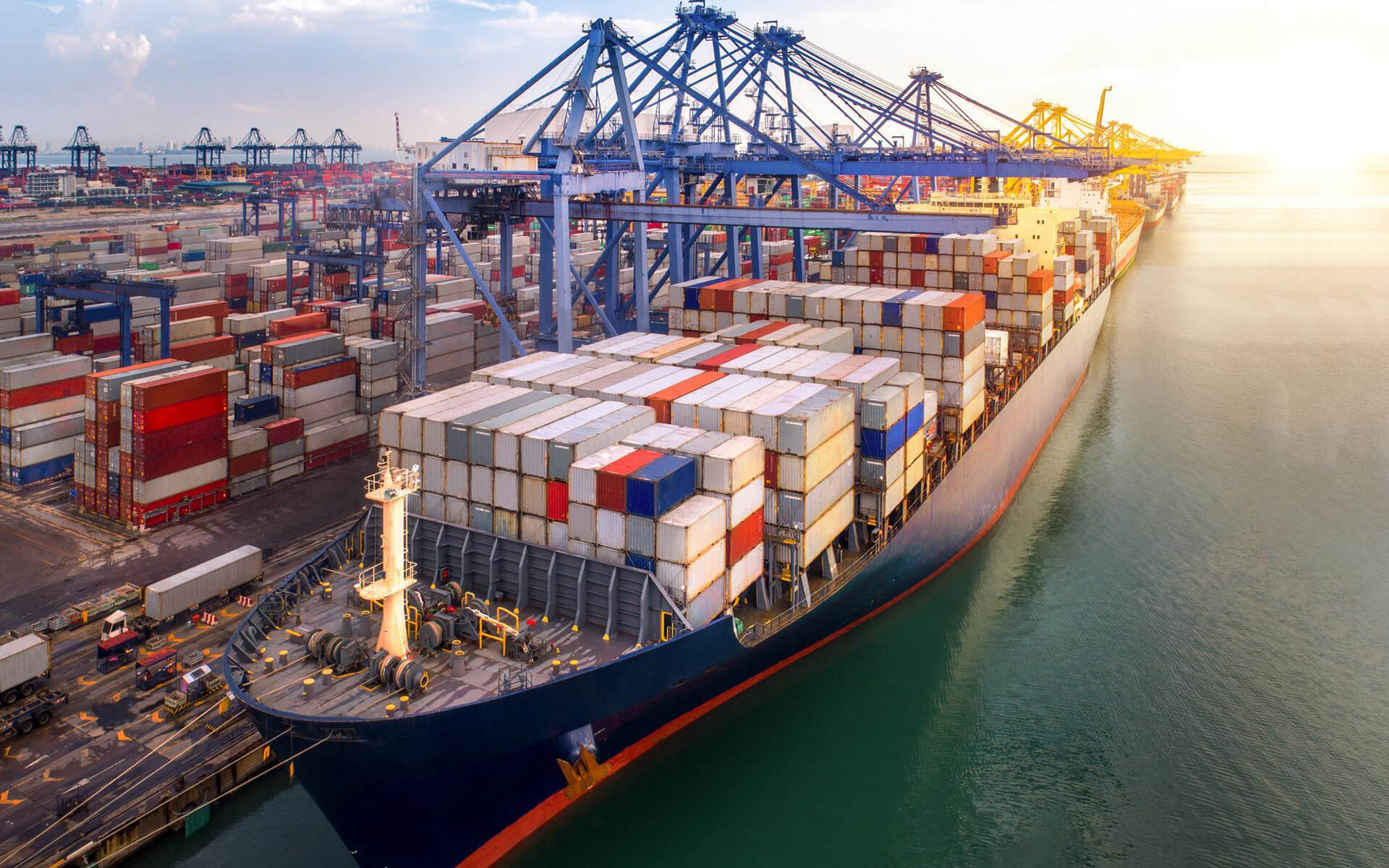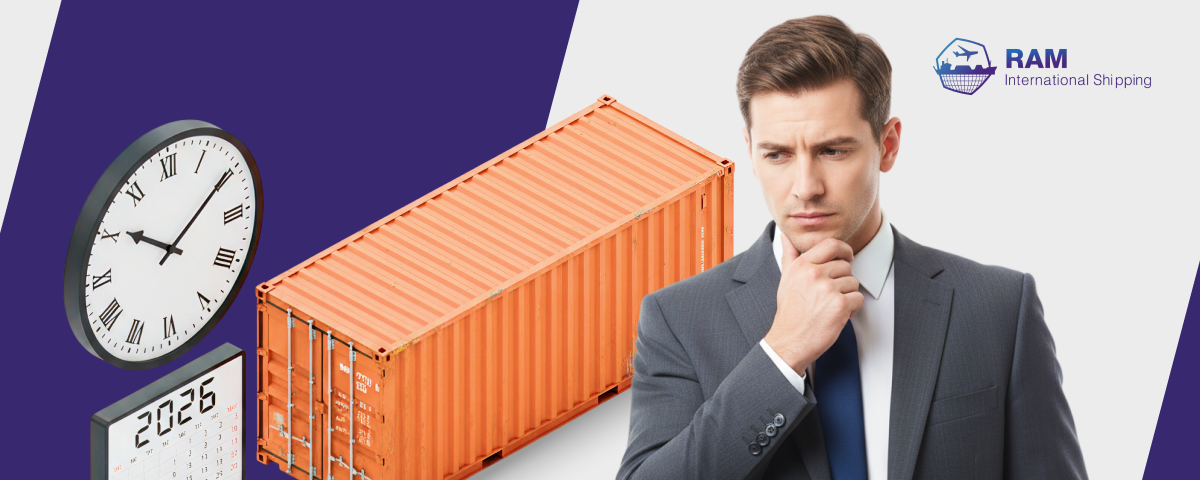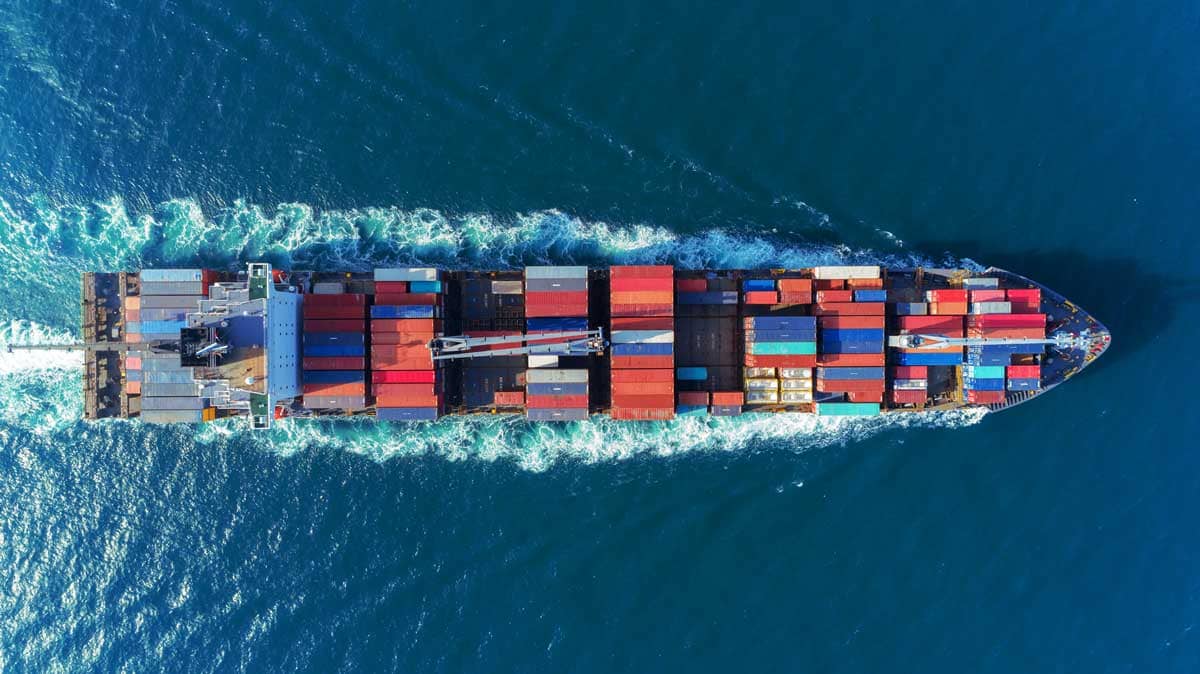
In the world of international shipping, two key terms often arise when discussing the transportation of goods: FCL and LCL. These acronyms stand for Full Container Load (FCL) and Less than Container Load (LCL), and they represent different shipping options that cater to businesses depending on the size, quantity, and nature of the goods being transported. When choosing the right ocean freight method, understanding the difference between FCL and LCL is essential for selecting the most cost-effective and efficient shipping option. In this article, we’ll explain the meaning of FCL and LCL, and highlight the key differences between them.
What is FCL (Full Container Load)?
FCL, or Full Container Load, refers to a shipping method where the entire container is reserved for a single shipper. In this case, the shipper’s goods fill the entire container, and there is no sharing of space with other consignments.
When opting for FCL, the container is sealed once it’s packed, and it remains sealed until it reaches its final destination. This method offers greater control, security, and often faster transit times, as there are no intermediate stops to unload or reload goods from multiple shippers.
Advantages of FCL:
- Exclusive Use of Container: The container is dedicated to one shipper, meaning no other goods will be mixed with yours.
- Reduced Risk of Damage: Since the container is only loaded and unloaded once, the risk of damage is minimized.
- Faster Transit: FCL shipments typically move faster because there are no delays related to consolidating and deconsolidating shipments.
Common Use Cases for FCL:
- Large volumes of goods that can fill an entire container.
- Fragile or sensitive goods that require exclusive use of the container for protection.
- Time-sensitive shipments that require quicker handling.
What is LCL (Less than Container Load)?
LCL, or Less than Container Load, refers to a shipping option where a shipper’s goods do not occupy the entire container. Instead, the container is shared with other shipments. LCL is an ideal solution for businesses that need to ship smaller quantities of goods and don’t require the full space of a container.
In LCL shipping, the goods are consolidated with other shipments at a warehouse before they are loaded into a shared container. Once the container reaches its destination, the shipments are separated and delivered to their respective consignees.
Advantages of LCL:
- Cost-Efficient for Small Shipments: LCL allows shippers to only pay for the space they need, making it more economical for smaller volumes.
- Flexible for Smaller Businesses: Small and medium-sized businesses can take advantage of LCL without needing to invest in shipping large quantities at once.
- Environmentally Friendly: Sharing container space with other goods helps reduce the overall carbon footprint by maximizing container usage.
Common Use Cases for LCL:
- Smaller shipments that don’t fill an entire container.
- Businesses with regular but lower-volume shipments.
- Cost-conscious companies looking to optimize their shipping expenses.
FCL vs. LCL: Key Differences
The decision between FCL and LCL depends on various factors, including the size of your shipment, budget, and shipping timeline. Below are the key differences between the two:
| Aspect | FCL (Full Container Load) | LCL (Less than Container Load) |
|---|---|---|
| Container Usage | Entire container is reserved for one shipper. | Multiple shipments from different shippers share one container. |
| Cost | More cost-effective for large shipments. | More cost-effective for smaller shipments. |
| Risk of Damage | Lower risk as goods are handled less frequently. | Higher risk due to consolidation and multiple handling points. |
| Transit Time | Generally faster as there are no stops for consolidation. | Generally slower due to the need for consolidation and deconsolidation. |
| Shipping Volume | Suitable for large volumes that can fill a container. | Suitable for smaller shipments that don’t need a full container. |
| Sealing | Container is sealed and remains sealed until destination. | Container is opened to load and unload various shipments. |
| Customs Handling | Simplified, as there is only one shipper’s goods in the container. | More complex, as goods from multiple shippers must clear customs. |
When to Choose FCL?
FCL is generally the preferred option when you have a large shipment that can fill or nearly fill a container. It is ideal for businesses that want faster shipping times and more control over their goods during transit. FCL is also a good choice when the goods are high-value, fragile, or sensitive, as it reduces the handling of the shipment.
For example, if you’re shipping bulky items like machinery, raw materials, or large quantities of consumer goods, FCL is often the more efficient and secure option.
When to Choose LCL?
LCL is the better choice for businesses with smaller, less time-sensitive shipments. It offers flexibility and affordability for those who don’t have enough goods to fill a container but still need international shipping. LCL is also ideal for businesses that ship smaller quantities regularly, as it allows them to avoid the costs associated with booking an entire container.
For example, if you’re shipping smaller retail products, samples, or other non-urgent goods, LCL can help you save on shipping costs by sharing container space with other shippers.
Final Thoughts
Both FCL and LCL offer distinct advantages depending on the size, urgency, and type of shipment. FCL provides full control, faster transit, and added security for larger shipments, while LCL offers a more cost-efficient solution for smaller loads by sharing container space. The right choice depends on your shipping needs, volume, and budget. By understanding the differences and benefits of each option, businesses can make informed decisions to ensure their goods are transported efficiently and at the best possible cost.



